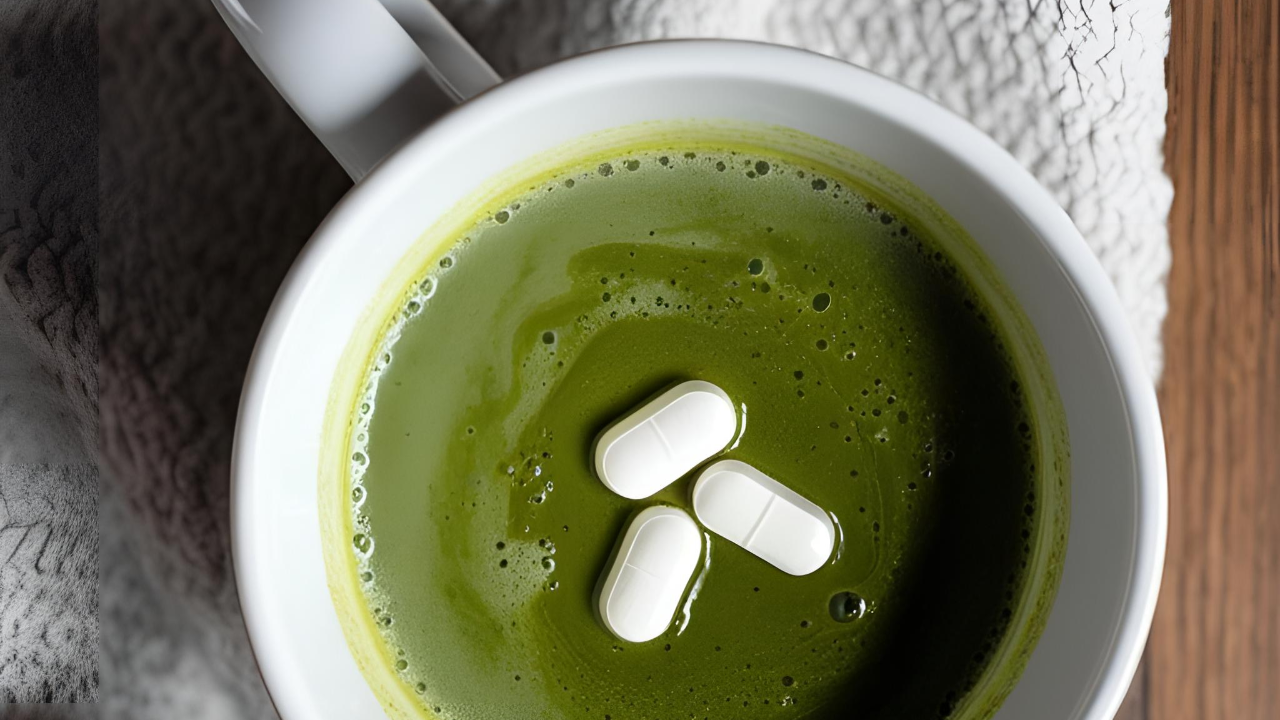
Choosing the Right Magnesium Supplement
Aug 07, 2025Magnesium is one of the most essential yet commonly overlooked minerals. It’s involved in over 300 enzymatic reactions that help your body regulate stress, energy, hormones, and sleep. And yet—many people aren’t getting enough.
Stress, poor soil quality, water quality, caffeine, alcohol, processed food, and intense training can all deplete magnesium.
Why Even a Healthy Diet Might Not Be Enough
You used to be able to get trace amounts of magnesium through drinking water — especially natural spring water. But today:
- Tap water is treated and filtered, stripping out essential minerals
- Filtered and bottled water (especially reverse osmosis) often contains zero magnesium
- Combine this with stress, exercise, and a modern diet — and deficiency becomes common
This is one reason why even health-conscious people often benefit from a magnesium supplement.
How Much Magnesium Do You Need?
Most adults need between 300–400 mg of magnesium per day, depending on age, gender, lifestyle, and stress levels.
People who train regularly, experience anxiety, struggle with sleep, or are under chronic stress often need more.
Common signs of low magnesium:
- Muscle cramps or tightness
- Anxiety or feeling on edge
- Trouble sleeping
- Brain fog or low energy
- PMS or hormonal imbalances
- Constipation
Magnesium Types – Which One Is Right for You?
Magnesium Glycinate / Bisglycinate
- Best for stress, anxiety, PMS, and sleep
- Highly absorbable and easy on the gut
- Bound to glycine (a calming amino acid)
- Ideal before bed to help wind down
Magnesium Citrate
- Best for mild constipation, sluggish digestion, or cramping
- Slightly stimulating and can help move the bowels
- Avoid if prone to loose stools or very sensitive digestion
Magnesium L-Threonate
- Best for brain fog, memory, and mental fatigue
- Crosses the blood-brain barrier
- Often used for focus and cognition support
Magnesium Malate
- Best for muscle recovery, energy support, and fatigue
- Bound to malic acid (naturally found in apples)
- May support mitochondrial energy production
Magnesium Taurate
- Best for heart rhythm, calming the nervous system, and blood pressure
- Bound to taurine, an amino acid that supports cardiovascular health
Magnesium Forms to Avoid
Not all forms are effective:
- Magnesium Oxide: Very low absorption, mainly works as a laxative
- Magnesium Carbonate: Poorly absorbed and can feel heavy on the stomach
- Magnesium Sulfate (Epsom salts): Better for soaking in a bath than taking orally
When to take Magnesium
- Glycinate / taurate: Best taken in the evening or before bed to relax
- Citrate / malate: Ideal in the morning or post-workout for energy and recovery
- Always take with food to support absorption
- Avoid taking magnesium with calcium or iron supplements (they compete for absorption)
Vitamin D and B6 can improve magnesium absorption, while excess alcohol, sugar, caffeine, and zinc can deplete it.
Magnesium for Muscle Recovery
Magnesium plays a vital role in muscle relaxation, electrolyte balance, and reducing post-exercise soreness. If you’re physically active or do strength training, it helps relax tight muscles, ease cramping, and support overall recovery.
Magnesium malate and magnesium citrate are particularly useful here. You can also absorb magnesium through the skin by soaking in an Epsom salt bath (2 cups in warm water for 15–20 minutes).
Magnesium for Sleep & Relaxation
Magnesium supports production of GABA — a calming neurotransmitter that helps your mind and body slow down at night.
Magnesium glycinate is the best form for supporting restful sleep and easing anxiety without sedating you. For an extra calming bedtime routine, pair magnesium with:
- Lemon balm: Calms the mind, reduces restlessness
- Chamomile: Settles the nervous system and digestion
- Passionflower: Helps quiet the mental "buzz" and support sleep onset
- Hot bath or shower: Lowers body temperature post-bath and supports melatonin release
Magnesium Brands to Trust
Look for reputable brands that use well-absorbed forms:
- BioCeuticals Ultra Muscleze (glycinate blend with supportive nutrients)
- JSHealth Magnesium+
- Pure Encapsulations Magnesium Glycinate
- Thorne Magnesium Bisglycinate
- Designs for Health NeuroMag (L-threonate)
- NutriVital Premium Magnesium Complete
- Krumbled Foods Magnesium Hot Chocolate
- Ancient Minerals Magnesium Oil (topical magnesium chloride)
What About Magnesium Chloride (Topical)?
Magnesium chloride is most often used in spray or oil form, absorbed through the skin. It can be helpful for:
- Muscle tightness or cramping
- People who don’t tolerate oral supplements well (e.g., digestive issues)
- Nighttime relaxation (e.g., massaged into the shoulders or feet)
It’s not essential, but a good option if you want localized relief or a non-oral form. Try adding drops to your bath, spraying or massaging it onto sore or cramping muscles to provide a more targeted relief.
To start off
Keep it simple:
- Start with 100–200 mg and increase to 300–400 mg if needed
- Choose a form that suits your needs (glycinate for sleep, malate for energy, citrate for digestion, etc.)
- Pair with calming herbs, sleep hygiene, and a whole food based diet
When taken consistently, magnesium is one of the easiest, most effective tools to support both men and women in feeling grounded, clear, and resilient.
Don't miss a beat!
Receive my latest health tips, exclusive offers, and course updates — straight to your inbox.
We hate SPAM. We will never sell your information, for any reason.

